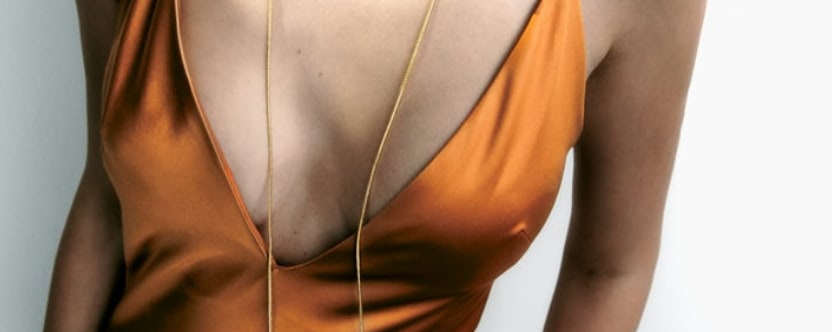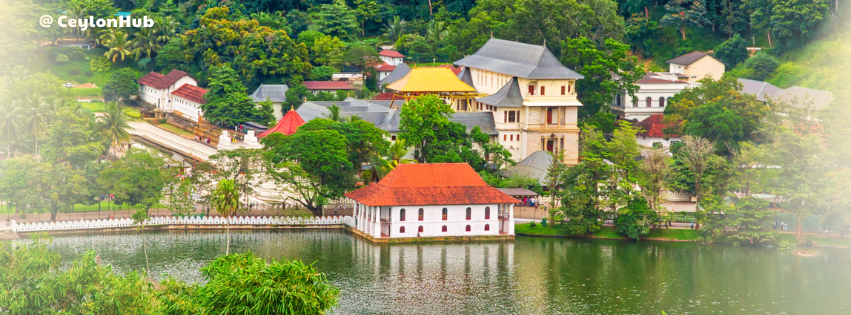Introduction
“In Kandy, history isn’t just written—it’s chanted.”
The Temple of the Sacred Tooth Relic (Sri Dalada Maligawa) isn’t just a UNESCO World Heritage Site—it’s the soul of Sri Lanka. For over 400 years, this golden-roofed temple has safeguarded Buddha’s sacred tooth relic, drawing pilgrims and travelers alike. Whether you’re seeking spiritual solace or architectural wonder, here’s how to experience it like a pro.
1. The Legend of the Sacred Tooth
- Origins: The relic arrived in Sri Lanka in the 4th century, hidden in the hair of Princess Hemamali fleeing India.
- Royal Connection: Kandyan kings built the temple to protect it, believing its presence granted them divine right to rule.
- Today: The relic is enshrined in a golden casket, displayed only during Esala Perahera (July/August).
2. What to See & Do
- Evening Puja Ritual: Attend the 6:30 PM drumming ceremony—clouds of incense, chanting monks, and offerings of lotus flowers.
- Royal Museum: Explore golden thrones, ancient swords, and colonial-era artifacts in the Alut Maligawa wing.
- Kandy Lake Views: Stroll the temple’s terrace for postcard-perfect views of the lake and city.
Pro Tip: Visit early (7:00–9:00 AM) to avoid crowds and catch soft morning light for photos.
3. Practical Tips for Visitors
- Dress Code: Shoulders/knees covered; white clothing is considered auspicious.
- Entry Fee: 2,000 LKR (free for Sri Lankan citizens).
- Guides: Hire a local guide (2000 LKR) near the entrance for hidden stories.
4. Hidden Spots Most Tourists Miss
- Octagonal Pavilion: A quiet courtyard with intricate moonstone carvings.
- Ancient Palm-Leaf Manuscripts: Rare 18th-century texts in the temple library (ask permission to view).
5. 5 Most Relevant FAQs
Q1: What’s the best time to visit the temple?
A: Mornings (7:00–9:00 AM) are peaceful, while evenings (6:00–7:00 PM) let you witness the puja ritual. Avoid weekends if crowds bother you.
Q2: Can I combine this visit with other Kandy attractions?
A: Yes! Pair it with the Kandy Royal Botanical Gardens (15-min drive) or Bahiravokanda Buddha Statue for sunset views.
Q3: Is the temple accessible for wheelchair users?
A: Partial access. The main courtyard is wheelchair-friendly, but upper floors and some shrines require stairs.
Q4: How long should I spend here?
A: 1–2 hours. Add 30 minutes if exploring the museum or attending rituals.
Q5: Are there etiquette rules during rituals?
A: Yes! Remove shoes, speak softly, and avoid turning your back to the relic’s shrine. Don’t point feet toward monks or altars.
Local Insight
“The temple’s heartbeat is the rhythm of the hewisi drums. Come with respect, and you’ll leave with peace.”
— Mr. Bandara, Kandy Cultural Guide
Emergency Contacts (General)
Police Emergency Hotline : 118 / 119
Ambulance / Fire & Rescue : 110
Tourist Police Hotline : 1912 (24/7 for tourist-related emergencies)
Leading Hospitals Nearby
National Hospital of Sri Lanka
Nawaloka Hospital Specialist Centre
Nearby Police Stations
Sri Lanka Police Station Directory
Fire and Rescue Services
Ambulance Services
Suwa Seriya Ambulance Service : 1990 (Free service)
St. John Ambulance : 077 -780- 5944
Embassies Nearby
Pharmacies
Pharmacy Near Me – Rainbow Pages
Union Chemists Pharmacy – Total Healthcare Support
Banks and ATMs
Bank of Ceylon – Our Touch Points
Commercial Bank – Locate Us
National Savings Bank ( NSB ) – Our Network
National Development Bank ( NDB ) – Locate NDB Branches & ATMs
Nations Trust Bank ( NTB ) – Branch Network
Peoples Bank – Nations Trust Bank ( NTB ) – Branch Network
Sampath Bank – Branch Locator
Seylan Bank – Branch Locator
Transportation Services
App-based services available for local transport.
Uber – Ride
PickMe – Book Your Taxi
Railway Station – Station Details
Bus Stand – Depots Contact Details
Safety Tips for Visiting the Temple of the Sacred Tooth Relic
- Security Screening: All visitors undergo security checks at the entrance. Bags, offerings, and personal items are scanned to ensure no harmful materials (e.g., polythene, explosives) enter the premises.
- Dress Modestly: Shoulders and knees must be covered. Avoid shorts, sleeveless tops, or revealing clothing. Sarongs are available for rent/purchase at the entrance if needed.
- Footwear Handling: Remove shoes before entering. Use the designated storage area (token system) and pay a small fee (~50–100 LKR) to retrieve them. Socks are permitted.
- Prohibited Items: Avoid carrying plastic bags, harmful materials, or bulky luggage. Offerings should be in eco-friendly containers.
- Crowd Management: Visit early morning (5:30–7:00 AM) or late afternoon to avoid peak crowds. Exercise caution during daily puja ceremonies (5:30 AM, 9:30 AM, 6:30 PM) and the Esala Perahera festival (July/August), which attracts massive crowds.
- Photography Rules: Photography is allowed in most areas but avoid using flash during ceremonies. A photography fee of 300 LKR may apply.
- Children and Support Needs: Infants aged 3–6 months can participate in blessing rituals. For visitors with disabilities, contact the administration in advance for lift access and transportation assistance.
- Environmental Care: Dispose of trash responsibly and avoid bringing non-biodegradable items to protect the temple grounds.
- Emergency Preparedness: Stay hydrated and carry mosquito repellent. Use bottled water, as tap water near the fountain is not drinkable.



